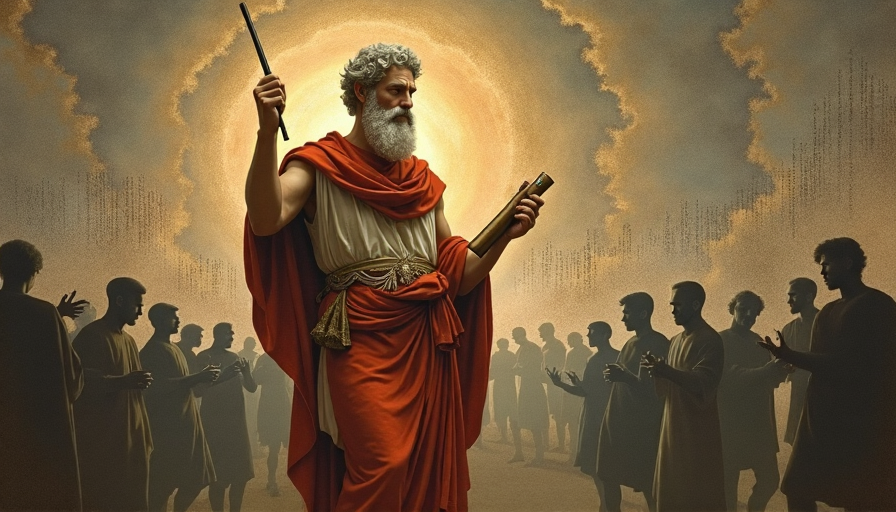
A New Perspective on Intelligence and Inquiry
In a thought-provoking exploration of artificial intelligence evaluation, the narrative delves into the idea that asking truly innovative questions can be even more challenging than providing correct answers. The discussion begins with the introduction of an unconventional exam—Humanity’s Last Exam—a test composed of 3,000 complex questions designed specifically to gauge the capabilities of AI, rather than human experts.
The Experiment: A Historical Setback
The narrative recounts the experience of a seasoned historian who, armed with a sharpened pencil, decided to tackle the history section of the exam. Despite holding a PhD in history, the test proved formidable:
- Only one out of many answers was correct, even when some questions were cleverly disguised as multiple-choice.
- A mere 16 questions focused on history, with an overwhelming emphasis on mathematical queries, including over 1,200 questions on mathematics overall.
- Notably, one-fourth of the history questions were dedicated to naval battles—a domain where the historian admitted having limited expertise.
The imbalance in topic distribution raises questions about what these tests are truly measuring. While the exam creators intend to pinpoint the arrival of true artificial general intelligence, the results seem to spotlight the nature of inquiry itself.
Unmasking the AI Assessment Paradigm
The narrative critiques how current assessments define "intelligence" primarily as the ability to provide accurate answers to intricate questions. Numerous tests, including ones backed by global history databases, rely on scoring systems that compare year-on-year improvements in artificial intelligence models. AI companies proudly announce progress numeric scores such as a leap from 56% to 92% on PhD-level history exams.
Yet, significant strides in AI are visible in other fields as well. For instance, advances in computer vision are revolutionizing the process of cataloging vast archives of photographs, enhancing metadata generation with impressive accuracy. This trend mirrors improvements in recognizing handwritten historical documents—an area where breakthroughs could transform archival research.
The Hidden Value of Great Questions
Beyond correct answers, the article stresses a crucial insight: the hallmark of true scholarly work lies in formulating novel, unexpected questions that unlock deeper understandings of the past and present. Historical studies flourish when they begin with inquiries that challenge conventional wisdom. A recent book discussed in the narrative emerged from the simple yet profound question, "Why did audiences at orchestral performances transition from rowdy to respectful silence?" This line of inquiry not only reshaped perceptions of concert culture but also highlighted broader shifts in social behavior over time.
Other historical puzzles include:
- The transformation in British attitudes towards dogs from wild creatures to cherished pets
- The surprising focus of Isaac Newton on alchemy over his better-known contributions to physics and mathematics
- The profound impact of firsthand wartime experiences on both individual soldiers and the collective cultural psyche
Looking Toward the Future of AI and Historical Research
As the debate over AI's capabilities continues, the narrative leaves readers with an open-ended question: Can artificial intelligence ever master the craft of asking compelling, transformative questions in history, rather than merely delivering impressive answers?
This exploration invites future discussions about the evolving relationship between technology and human inquiry. True breakthroughs may not be marked solely by high test scores but by the innovative questions that inspire deeper understanding and challenge the status quo in both historical research and artificial intelligence.
Note: This publication was rewritten using AI. The content was based on the original source linked above.